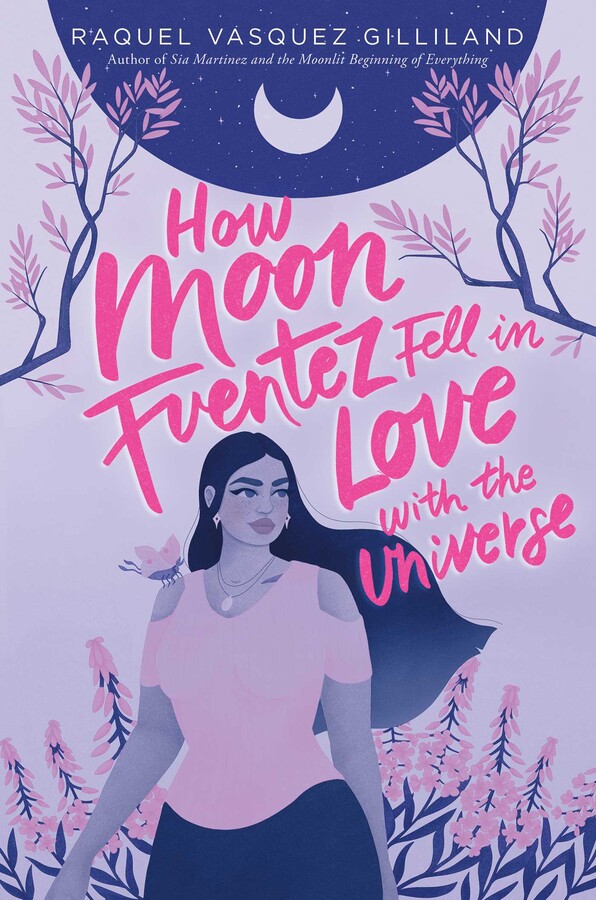[button color=”black” size=”big” link=”http://affiliates.abebooks.com/c/99844/77798/2029?u=http%3A%2F%2Fwww.abebooks.com%2Fservlet%2FSearchResults%3Fisbn%3D9780375864414″ target=”blank” ]Purchase here[/button]
The third and final book of The Ashtown Burials features so many characters, doing so many things at once, in so many places, that even quite close to the end I couldn’t believe it was going to conclude the trilogy. I fully expected another cliffhanger, hooking us for a surprise fourth book, à la Brisingr. The good news—if you’ll pardon my relief—it really does end here. More or less. In fact, it ends so abruptly that I was taken aback and felt I must have missed something. The battle to save the world from rampaging transmortals on one hand (led by Dracula’s were-dragon brother Radu Bey), and from a creep named Phoenix who intends to repopulate the world with supernaturally engineered super-people on the other, is indeed fought to the bitter end, and the fate of the world is determined. I won’t be a total pig and tell you which way it goes. But I can’t help noticing that there are several loose ends dangling at the end. There really could be a fourth book. It might even be a good idea. [EDIT: Nate Wilson’s wife Heather writes, “There will be a fourth book… Probably 2015.”]
In case you’re joining the program late, “The Ashtown Burials” are a deep, dark prison, somewhere off the Wisconsin shore of Lake Michigan, where the world’s worst transmortals—to call them by a more accurate name than “immortals”—lie chained for all eternity, for the protection of mankind. The treaty that keeps the not-so-dangerous transmortals at bay has broken down. The Order of Brendan, tasked with guarding the burials and policing the transmortals, has been compromised. Their current Brendan is in league with Phoenix, who wields the Dragon’s Tooth. Using this ancient key to life and death, Phoenix (formerly known as Edwin Laughlin) has, in his opinion, perfected mankind. He has created a race of faster, stronger, hardier humans who can breathe underwater, see and hear and smell more sharply, and even absorb nutrients from sunlight.
The Ordo Draconis, meanwhile, has risen again beneath the scaly wings of Radu Bey, whose body-and-spirit union with a dragon gin named Azazel allows him to draw power from other people’s pain. Once at large in New York City, Radu begins to build a temple for himself out of the living (and slowly dying) bodies of suffering people. It’s one of the most gruesome things your mind’s eye may ever witness. If either Phoenix or Radu Bey gets the upper hand, the world will become a hellish place, one way or the other. And these seem like the only likely options, given that the O of B has stopped doing its job, and the only people left to fight against all this evil is the little group of outcasts and runaways surrounding Cyrus and Antigone Smith.
Yes, reader. That’s right. We’re doomed.
Cyrus, you know, is a brash young fellow, all brawn and insane courage and unmedicated ADHD. Antigone is the brainy one, but vulnerable with it. Their allies include a handful of other kids—some bigger and tougher than they are, others not so much—and some of their parents, and Rupert the Avengel (not a typo), and some of the more trustworthy transmortals. They are ridiculously outnumbered. The very people they fight to protect are against them, some of them violently so. The bad guys are closing in even faster than they expected. Their only chance of holding out, even for a little while, requires them to find and awaken something so terrible that it will probably destroy them first. It looks like one of those last stands where everybody knows they’re going to die, but they fight anyway because it’s the right thing to do. And whether it turns out to be exactly that or not—my lips are sealed—their fierce courage will move you.
Christian parents may especially appreciate this series, not only because it has biblical tropes hidden in it, but because the characters explicitly express Christian ideas. At several points, we see rituals that at least vaguely resemble liturgy, and we hear speeches and songs that sound like paraphrases of the Psalms. The downside of this is a sense that at times the author gets carried away with self-indulgence. One pictures him being moved to tears by his own characters’ noble poses and grand speeches, while outside his head they just seem overdone. I make this comment reluctantly, but from experience as an unsuccessful novelist who struggles with a similar weakness. Still, it is encouraging to see this evidence that thrilling fantasy novels continue to be written from a Christian perspective, with clear moral distinctions, courage, sacrifice, justice and compassion; with a recognition of mystery, and an insight into the realties of guilt, grief, pain, and death.
A variety of legends and myths feed into this tale, like tributaries to a great river. As a consequence—and here’s my other main quibble—there really are more things going on, and more people in play, than room for them all to become distinctive and real to the reader’s mind. Nevertheless, all these characters and forces serve the overall design by coming together in a climax of such crushing density that one really feels just the right mixture of panicky dread and pulse-quickening excitement. It’s like the other side of the coin from Moby Dick, in which a hundred pages of dull information about whaling conveys the effect of sailing uneventfully halfway around the globe. The difference is that every chapter, every page, is all but unbearably intense.
I thank the Wilsons for sending me a review copy of this book. I apologize for taking so long to finish reading it. It’s been living in the bag of music that I take to choral practices twice a week. As a result, I read it a chapter or two at a time, during down-time at rehearsals, meanwhile blazing through a half-dozen other books at home. Something to be said for it, however, is that I never had any trouble coming back to this book, whether I was reading Conan Doyle or Dostoevsky or some other YA novel on the side. The author of 100 Cupboards and its sequels has such a distinctive touch that I find it easy to pick up one of his books again after putting it down to read three others. I promise not to put his next book, Boys of Blur, to the same test.



